Two years ago, I had the great honour of cutting the pink ribbon and declaring the very first Dyslexia Show open. Back then, Arran and his hard-working team didn’t know where all this would lead. Now in its third year, I’m delighted to see how the UK’s leading exhibition dedicated to dyslexia and neurodivergence continues to grow and go from strength to strength.
This year, I’ve been given the exciting task of chairing a panel discussion on the value of identification and support, with four inspirational panellists, who each come to the conversation with unique perspectives, following their own lived experiences.
From the insightful David Breakspear – a former inmate and peer mentor for Revolving Doors and ADHD author, Sarah Templeton, to the brilliant Natalie Brooks – founder of Dyslexia in Adults and Zoe Davies of Neurodiversity in Business, the talk promises to offer fascinating insights, thought provoking ideas and potential solutions to some of the problems the neurodivergent community still face today.
For those of you who don’t know, I wasn’t identified with dyslexia until I got to university. It meant at school, I was sometimes left wondering why I didn’t always understand. My identification was a lightbulb moment.
Since then, I’ve been of the belief that early identification is the key to ensuring no neurodivergent child is left behind. It’s what I’ve spent the last two-and-a-half year’s campaigning for in Parliament – because the positive impact of promoting early intervention could be immense.
Disturbing statistics from 2016/17 show that children with identified Special Educational Needs (SEN) accounted for almost half (46.7%) of all permanent exclusions, despite comprising only 14.4% of the school population. Tragically, this exclusion often leads to a ‘school to prison pipeline,’ with a 2016 Ministry of Justice report revealing that more than four in ten (42%) of imprisoned inmates had experienced permanent exclusion from school.
These statistics clearly demonstrate that by identifying neurodivergent children at a young age and providing comprehensive support to the child, parents, and teachers, we have the potential to significantly reduce the number of neurodivergent individuals caught in this destructive cycle, ultimately saving lives and taxpayers hard earned cash.
Recognising these pressing needs, I founded the Accessible Learning Foundation (ALF), focusing on early identification of neurodivergent children and comprehensive support across various parts of life – including schools, prisons, and workplaces.
Neurodivergent prisoners need our support right now. Through conversations with former inmates and professionals, it became evident that significant policy changes and on-the-ground support are essential. One notable step forward has been the introduction of screening tests for all new prisoners, accompanied by thousands of secondary in-depth screeners annually – a commendable effort by the Ministry of Justice to address this issue.
The recent appointment of Neurodiversity Support Managers in each prison signals a positive shift in policy. However, it is crucial that these managers not only exist but also effectively provide tangible, one-on-one support to neurodivergent prisoners. While offering guidance to prison staff is important, tailored support for those with neurodivergent conditions is vital for their educational and rehabilitative success.
Finally, I am really pleased to announce that the Accessible Learning Foundation will have its first stall at this year’s Dyslexia Show. Please do come over and say hello to me and the ALF team. My abiding memory from the last two years has been the opportunity to discuss the challenges of dyslexia, as well as the opportunities, with the thousands of you who made the trip to Birmingham to support the show. I very much look forward to continuing that tradition and hearing more of your stories this year.
When I come back to the Dyslexia Show with ALF in 2025, I hope I will be able to stand up in front of you all and proudly say that 2024 was a year when we started to make the changes we desperately need and create a society where everyone is valued, no matter how their brain works.

